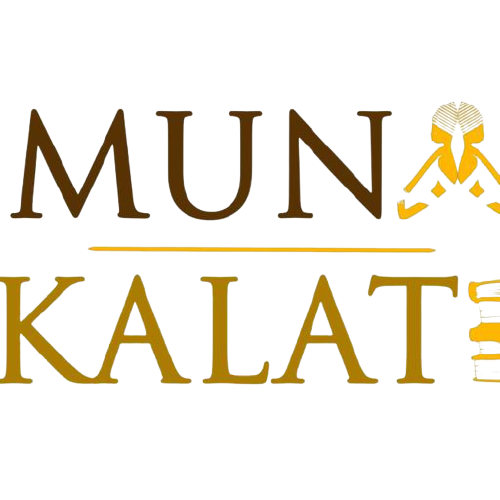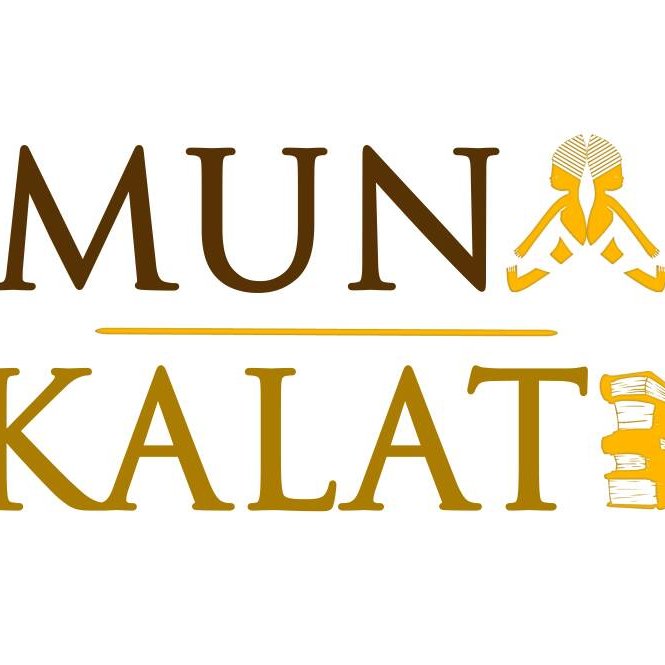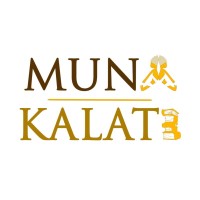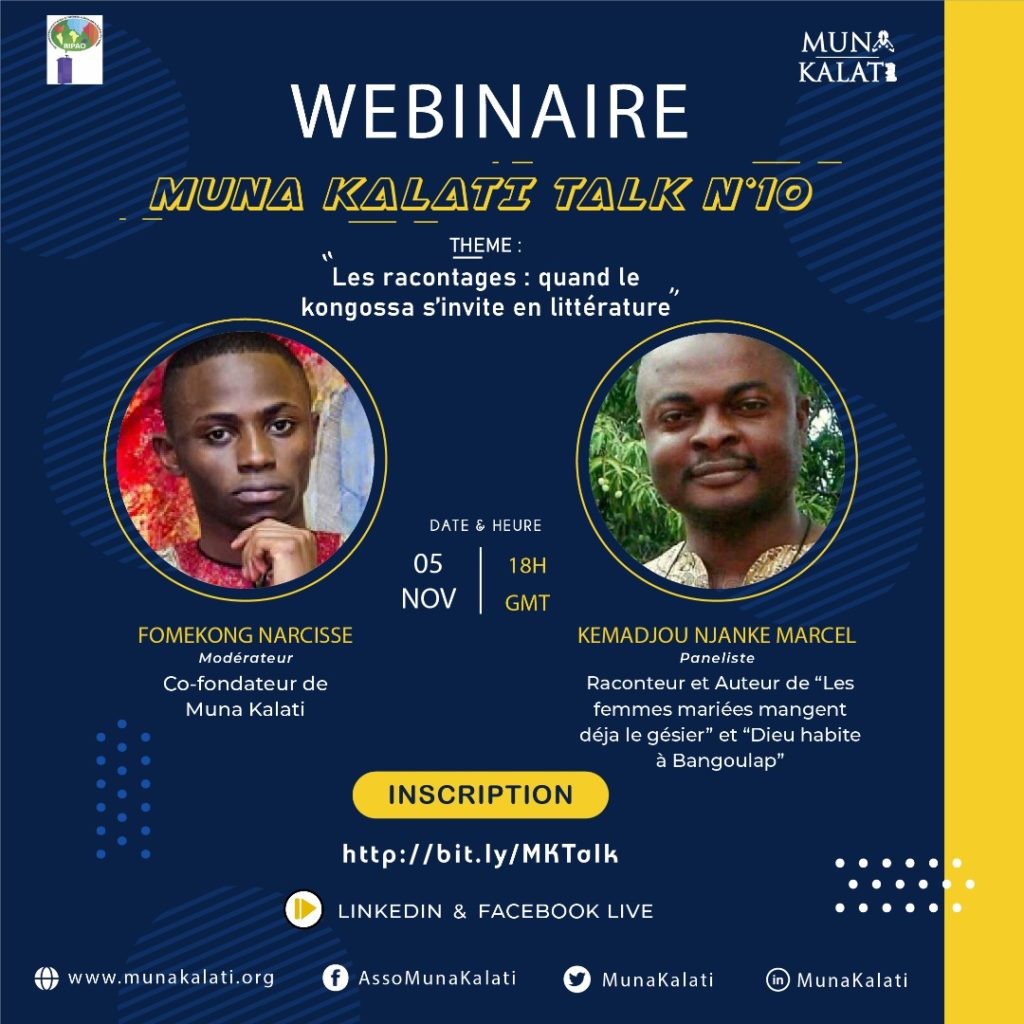Report of the conference-debate organised as part of the 10th edition of Muna Kalati Talks of 05 November 2021 under the theme «Storytelling: When Kongossa Intervenes in Literature».
Kemadjou Njanké is a writer of different kind, hardly categorizable if one looks at his texts and his speech. His desire to get off the beaten path or the imposed norms dates back to his childhood and adolescence. An example of his non-alignment is his relationship with philosophical essays in his final year in upper sixth. Indeed, he never hesitated to draw from his closest environment, from the vast field of proverbs, to support his argument. This costed him the reproach of his teacher, who felt that he should rather quote the texts of famous authors. It is not surprising, therefore, that his writing style is far distanced from classical writings. He describes himself as neither a poet nor a novelist nor a playwright, but simply as a ‘Storyteller’.
What is the art of storytelling?
During the discussion, he said “storytelling is not only a ‘’literary genre’’, but an art of living, an everyday style. It is an continual process of self-discovery that is first told before being written. It is a matter of presenting one’s daily experience as one perceives it and never as the other perceives it. As such, there is no need to organise writing workshops to learn “storytelling”: “unless you play roles and are not yourself”. Any honest and transparent person can practice storytelling.
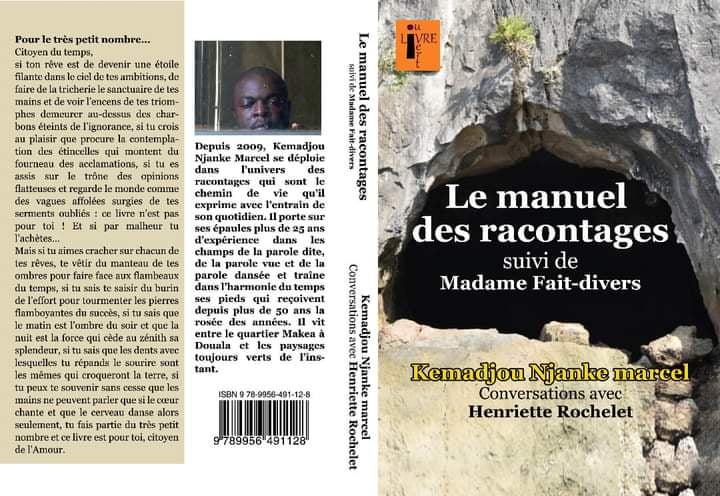
In storytelling, the writer is not different from the one who lives it. Moreover, the reading of texts by authors from other regions of the world, such as Latin America, made him rediscover his style. Among others we can mention José Marti and Gabriel Marcia Márquez with his text Los funerales de la Mamá Grande.
Besides, storytelling is not exclusive to Cameroon and is practiced informally under different names in every African country or not. It is about passing on information about an experience. And this can only be done through the language used to describe the socio-cultural reality, to describe reality with existing words, whether scientific or not.
Storytelling is closed to a Cameroonian practice known as Kongossa. This word of Cameroonian origin refers to talking about a person in his or her absence. It is part of the lifestyle of many societies. Far from being pejorative, according to Kemadjou, it is the expression of an experience, and therefore perfectly suited to the art of storytelling: «Kongossa is an element of storytelling, a component, but not storytelling in the real sense. There is nothing pejorative in the expression Kongossa. It is simply talking about someone in his or her absence. In this sense, we have all practiced kongossa in one way or another».
What do you Think? Do You Consider Yourself to Be a Kongossa Person?
Storytelling, a Writing Style that Appropriates Culture.
Kemadjou Njanké’s texts, Dieu n’a pas besoin de ce mensonge, Les femmes mariées mangent déjà le gésier and Manuel des racontages, followed by Madame Faits-divers (2020), to name but a few, go beyond the narration of daily life to think of Africa differently: a return to the sources and to purely African realities. In response to a question from a participant, Djimeli Raoul, about the possibility of having cultural identities and the influence of interculturality on storytelling, the panelist said it is impossible to have several identities.
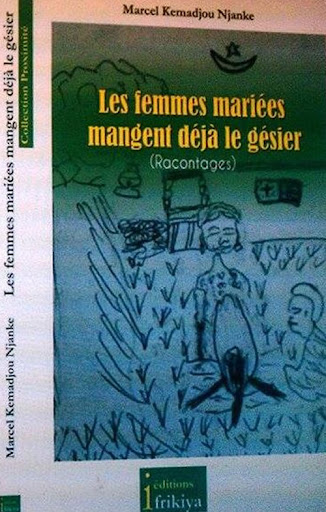
He differentiates between culture and cultural factor, which is superficial and cannot in itself be the founding element of culture. The fact for someone to dress in clothes that belong the members of a given culture does not make the person a member of that culture.
It is also a struggle to safeguard local languages, whose main vehicle is orality. Storytelling is a bridge between orality and writing. This influence of local languages is reflected in the “French language” used in his texts. Proverbs and local slang expressions abound: “Language is culture. If you want to understand an author, you have to understand his culture.I have readers who have come to visit my neighbourhood to find the geographical and cultural elements present in my book… «The reader’s job is to try to penetrate the culture and the universe of the author in order to deeply understand the author».
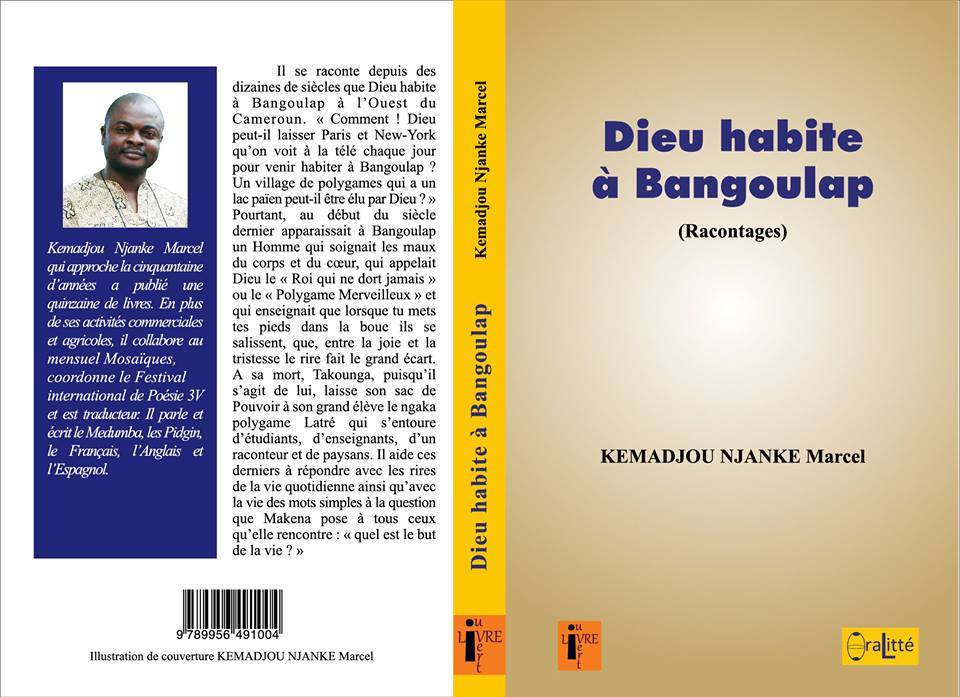
Some tips for aspiring storytellers
A storyteller should ask himself the following questions: Who am I? Why do I exist? Why do I walk, work etc.? Given that art cannot be taught, the storyteller must know that the form in storytelling is closely related to the content. It is a kind of architecture. Trying to dissociate the two is like starting to build a house without having the plan already designed. The storytelling uses the language of the environment, the jargon of the society. Simplicity and the strength of the symbol are the keys to the art of storytelling.
The panelist Kemadjou, while thanking the audience and the organisers of the event, ended his speech by sharing, as he knows how to do, words of wisdom and above all of awareness. He specified that the two primary values of his culture are “responsibility” and “gratitude”. It is certainly on the basis of these values that one could understand this proverb from the book Les Femmes mariées magnent déjà le gésier: “one should not leave the sauce in one’s hand to lick the one that flows between the fingers”.
We invite you to subscribe to our newsletter here so that you don’t miss the next Muna Kalati Talk scheduled for later this month.
